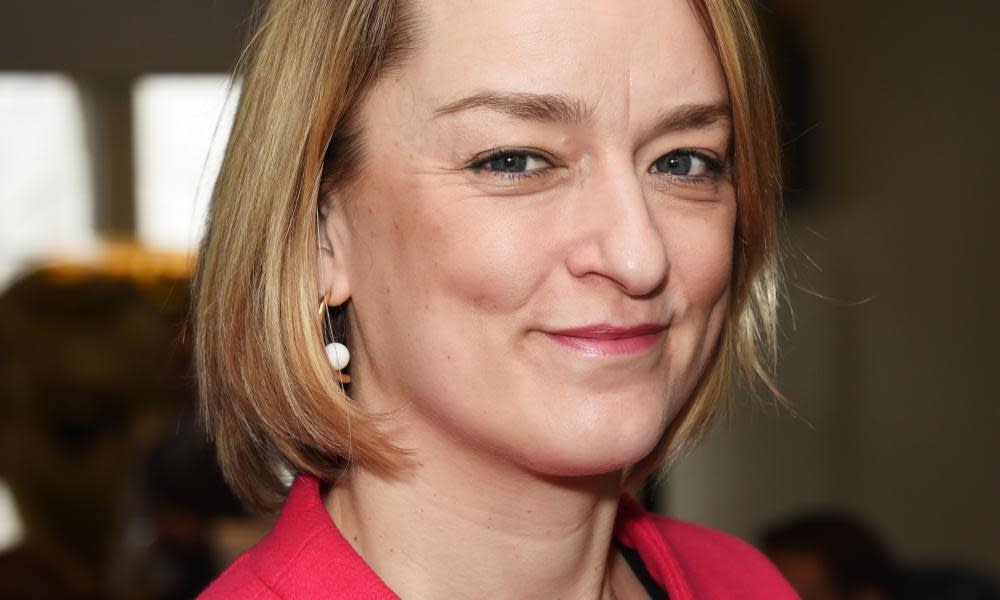I nearly quit ‘ugly’ social media, says Laura Kuenssberg

Laura Kuenssberg, the BBC’s political editor, no longer reads online comments about her broadcast coverage and has been close to leaving social media because of the vitriol levelled at her.
In admissions made to the author Tom Baldwin, she said: “I’ve tried to pull back and I’ve thought about coming off it all together. Partly, that’s because it’s uglier out there now; it’s like a playground where people want to shout each other down. I don’t read the comments people write about me – it’s not worth it.” Kuenssberg, an early advocate of involving the public in news coverage through social media, told Baldwin that her attitude had changed during the period when she was targeted by political websites.
The Canary, a leftwing news website, attempted to derail the BBC journalist’s career, writes Baldwin, a former Times journalist who worked as Ed Miliband’s media adviser during his time leading the Labour party. In Baldwin’s book, Ctrl Alt Delete: How Politics and the Media Crashed our Democracy, published last week, he asks Kuenssberg about the petition the Canary set up on the campaign website 38 Degrees, calling for her to be sacked. It was taken down, 35,000 signatures later, after attracting misogynist abuse. The Canary was also later censured by the independent press regulator for falsely claiming Kuenssberg was to speak at the Tory party conference.
Kuenssberg is not the only political journalist to have concerns. Maggie Haberman, White House correspondent for the New York Times, who has broken some of the biggest stories relating to Donald Trump’s presidency, said this month she was “taking a break” from Twitter. “The viciousness, toxic partisan anger, intellectual dishonesty, motive-questioning and sexism are at all-time highs, with no end in sight. It is a place where people who are understandably upset about any number of things go to feed their anger, where the underbelly of free speech is at its most bilious,” she wrote on Friday.
Kuenssberg was initially a supporter of social media’s power to break barriers between journalists and the public. In 2008, Baldwin writes, she “made a formal submission to the BBC’s board of directors about why reporters like her should be using Twitter. Six months later, she won the right to start tweeting without having each one of her 140 characters approved by her bosses.”
“What I was excited about was the opportunity for punters to be part of politics,” Kuenssberg recalls. “The whole idea was to allow the voices of people outside this weirdo palace of Westminster to be heard. I thought the whole social media thing might be really positive… The atmosphere now is so grim, it’s easy to lose sight of the way grassroots campaign groups have been able to grow online.”
The BBC Trust, the corporation’s now defunct ruling body, did once find Kuenssberg to have, unintentionally, quoted Jeremy Corbyn out of context. Last year the BBC provided her with a bodyguard during the Labour party annual conference.

 Yahoo News
Yahoo News 
